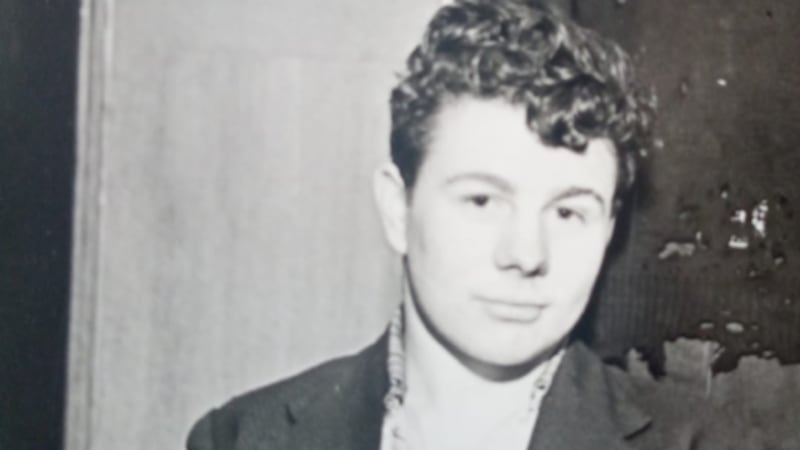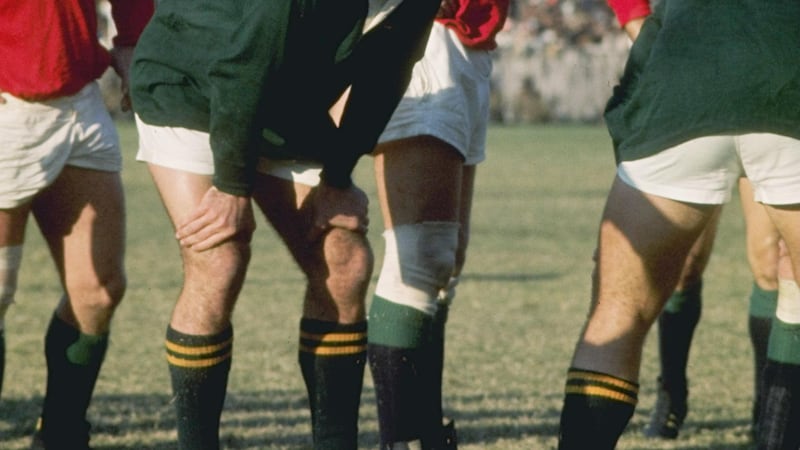An inquest into the victim of a suspected SAS shoot-to-kill operation has formally closed.
Francis Bradley (20) was shot dead close to an arms dump near Toome in February 1986 and his name was later added to the IRA’s roll of honour.
The inquest, which opened last April, heard that he was threatened by police before he was killed.
An original inquest was held in 1987, however, in 2010 former Attorney General John Larkin ordered a new one.
In closing, coroner Peter Irvine, who is also a Crown Court judge, heard evidence from a lawyer representing former British soldiers involved in the ambush.
He also heard from Karen Quinlivan KC, who acts for the family.
Earlier this week Ms Quinlivan told the court that Mr Bradley, who was shot eight times, had been “executed”.
During the course of the inquest it was confirmed that 21 shots were fired at Mr Bradley by two SAS men - Soldier A, who fired the first shot and Solider C, who discharged 20 rounds.
The inquest previously heard that he was initially shot from behind and later while he lay on the ground.
The coroner heard that Soldier C repeatedly fired at Mr Bradley as he moved towards him during the ambush, with the final three shots, which were fatal, fired into his body from a distance of three metres.
Soldier C repeatedly failed to answer questions about his role claiming “privilege against self-incrimination” while giving evidence last month.
In closing submissions Ms Quinlivan said that in the past the “sad reality is that there have been circumstances in this jurisdiction during times as terrible as this where law enforcement agents have been found to deploy force in circumstances which were not justified”.
Addressing the coroner she added: “Your job is not to approach it on the assumption that soldiers are wrong, your job is not to approach it on the assumption that they are right, your job is to evaluate what they say, evaluate the totality of the evidence…no more no less,” she said.
Later Mr Irvine formally closed the inquest.
“There are many complex areas of law which I have to reflect upon, along with the evidence, and accordingly it will take me some time to deliver my findings-verdict in respect of this inquest.
“I will therefore accordingly deliver my findings in due course.”






